Would you go back to being 9, where your biggest worries were times tables and playground drama? Or maybe your early 20s, filled with endless possibilities, late-night adventures, and no back pain?
While pop culture tends to glorify youth, a recent survey found that people’s favorite age isn’t childhood or early adulthood. It’s 36.

As surprising as that may sound, developmental psychologist I think it actually makes perfect sense.
The surprisingly joyful “crunch years”
@sidneyraz no words #todayilearned #tipsandtricks #lifehack #lifehacks
For the last four years, I've been studying people in their 30s and early 40s. My colleagues and I even coined a new term for this often-overlooked life stage: established adulthood — defined as ages 30 to 45.
It’s a time packed with major milestones: building careers, starting (or ending) marriages, raising kids, buying homes, or deciding not to follow any of those paths. It’s also when people start juggling demanding work responsibilities with caregiving for children, partners, or aging parents — what my colleagues and I call “the career and care crunch.”
At first, I expected to hear mostly stories of stress. But as we gathered data from hundreds of interviews and surveys, something unexpected emerged.
Yes, people were busy and overwhelmed. But they were also happy.

“I feel very solidly happy in this space right now,” said Yuying, 44. Nina, 39, described herself as “wildly happy.”
All names were changed to preserve participant anonymity, but the themes were strikingly consistent.
“I’ve put together a machine that finally works”
Many people reported feeling like their lives were finally clicking into place. After years of working on their careers, relationships, and personal growth, they felt confident and accomplished.
Mark, 36, said, “I’ve put together a machine that’s finally got all the parts it needs.”
adulthood, happiness research, confident adult, life in your 30s, parenting and careerwww.youtube.com
Jodie, also 36, shared that she had finally figured out what really mattered. “You don’t waste a bunch of time going on half a dozen dates with someone who’s not going to work out,” she said. “Your friend circle becomes a lot closer because you weed out the people that bring drama.”
Even the physical signs of aging didn’t seem to dampen the joy. Lisa, 37, said, “If I could go back physically but had to go back emotionally and mentally? No way. I’d take flabby skin lines every day.”
It’s not ideal for everyone
It’s important to note that not everyone experiences this phase the same way.
The original research largely focused on middle-class North Americans, many of whom were white. For people navigating systemic barriers — whether financial, racial, or otherwise — the “best years” might look very different.
And while the early 2020s were defined by a global pandemic that intensified pressure on parents and caregivers, many people are now navigating a post-pandemic world with more clarity about their priorities. For some, this reset has reaffirmed the value of their 30s — a time when they gained emotional strength, resilience, and purpose.
Rather than a decade of stress, many now view their 30s as a period of growth, hard-won insight, and, surprisingly, happiness.
age and happiness, 30s life, established adulthood, emotional maturity, parenting and career, midlife joy, life satisfaction, adult friendshipswww.youtube.com
The sweet spot worth paying attention to
That so many people would choose their 30s as their ideal age suggests this life stage deserves more attention.
Books like But You’re Still So Young by Kayleen Schaefer are helping to highlight the stories of people building careers, navigating relationships, and confronting big life questions in this decade.
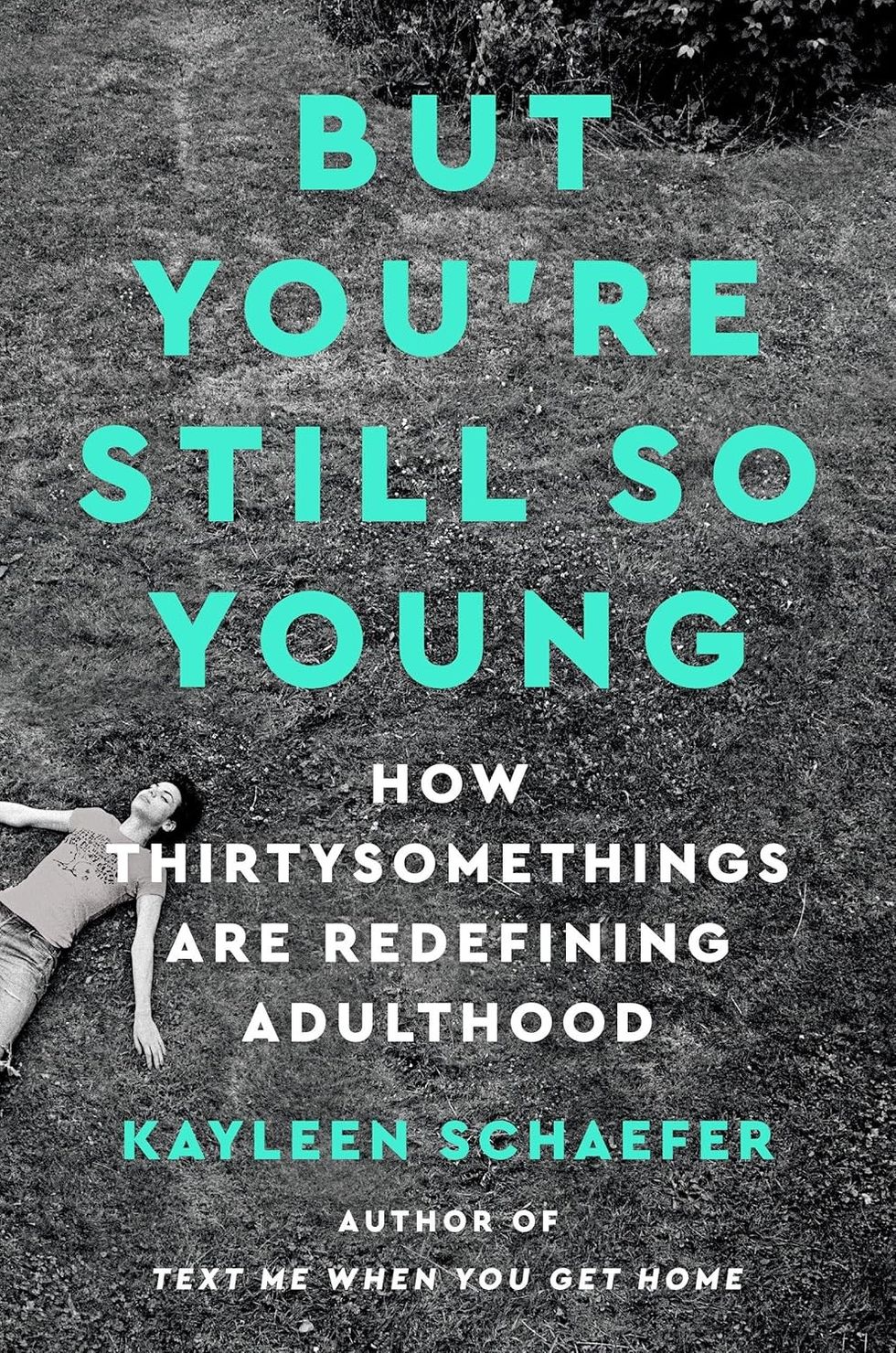
Clare Mehta is an Associate Professor of Psychology, Emmanuel College. This article originally appeared six years ago on The Conversation. You can read it here.





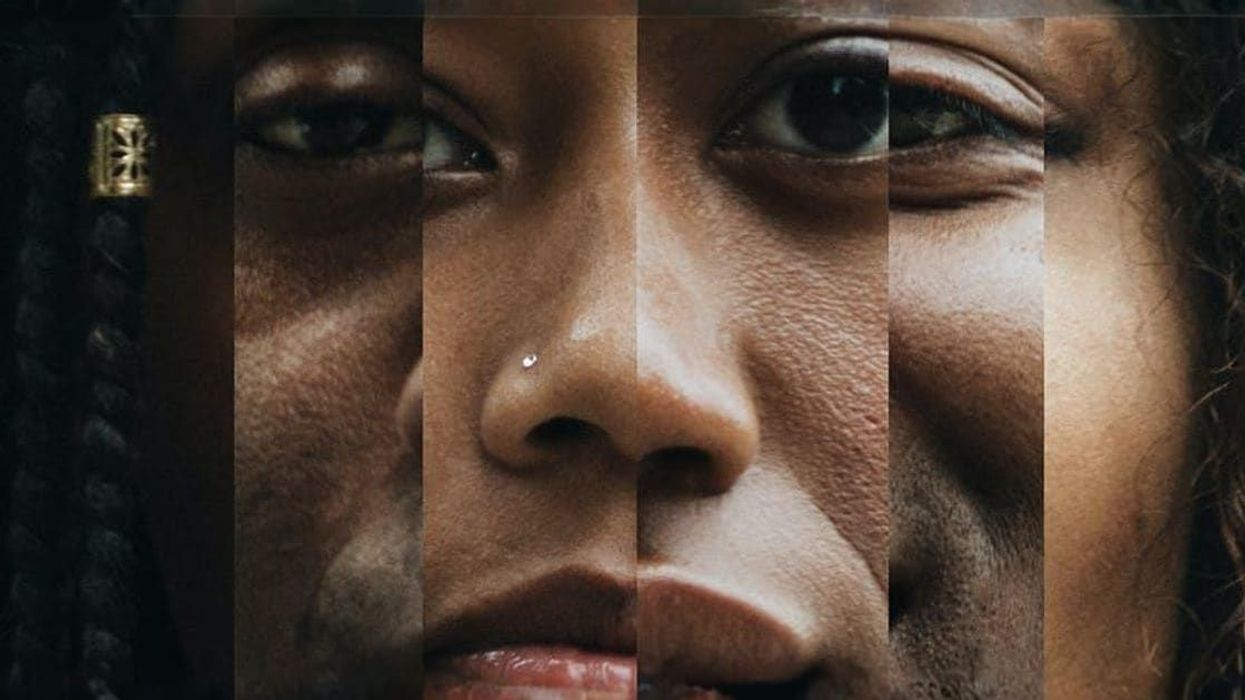
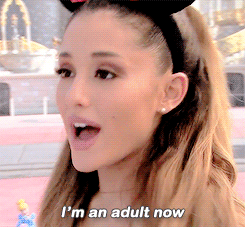
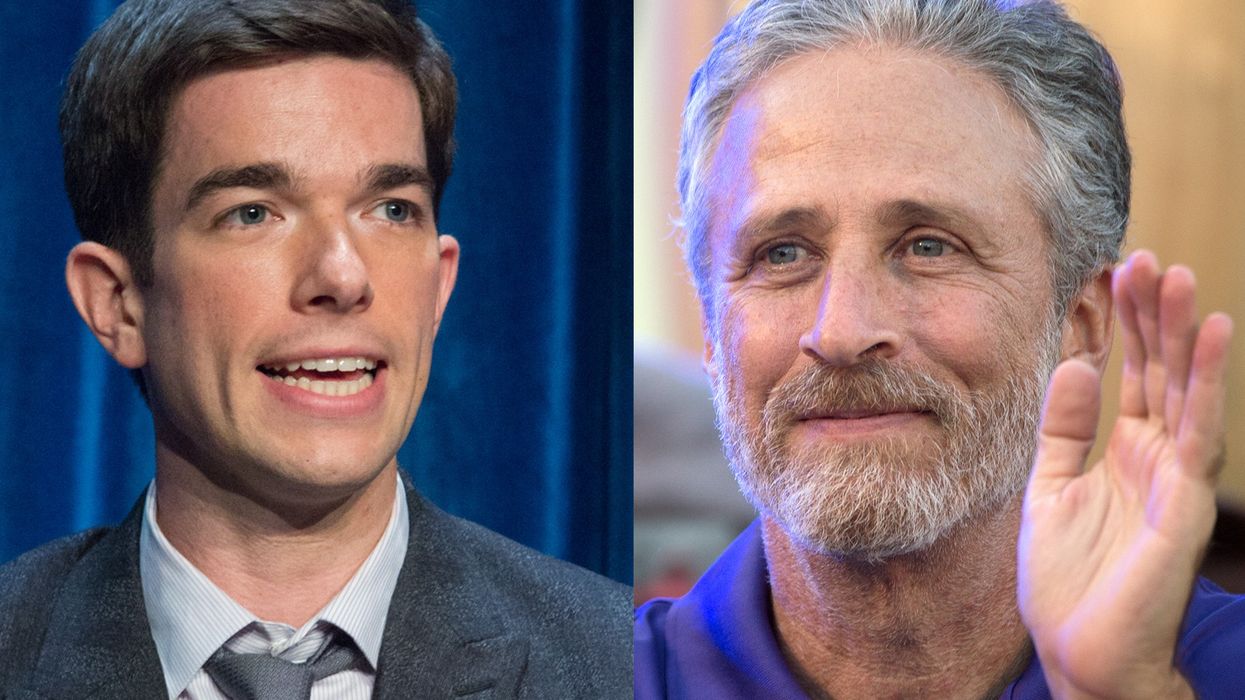
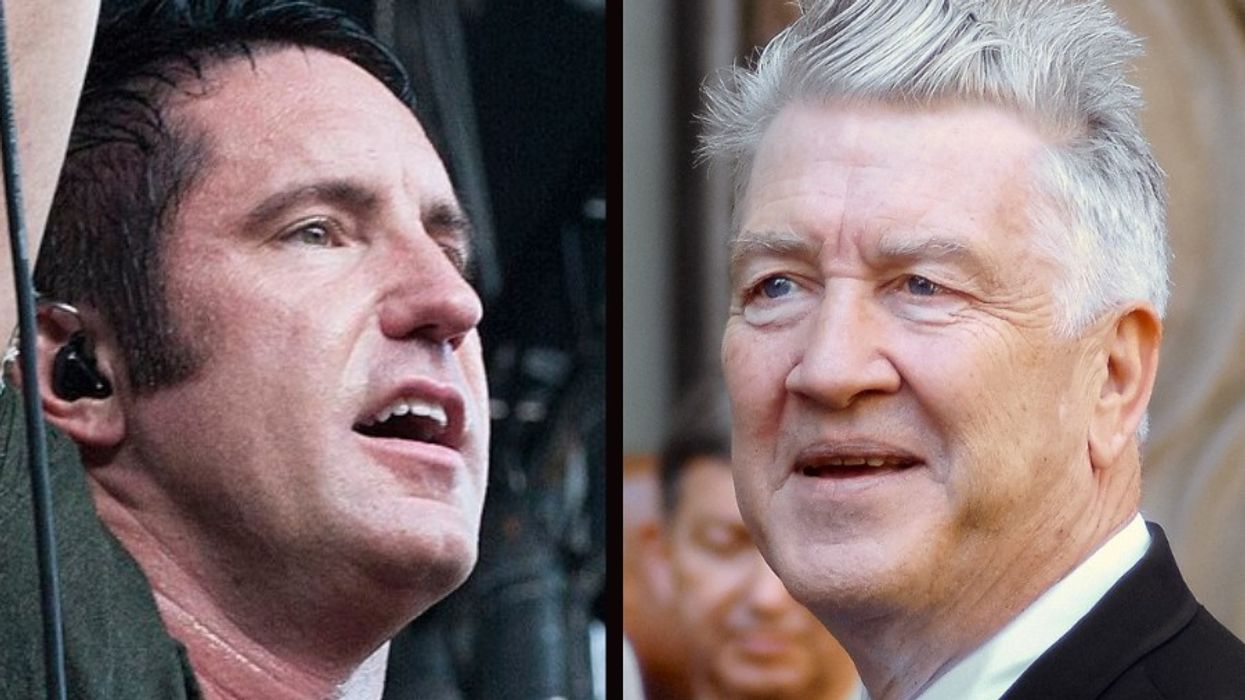
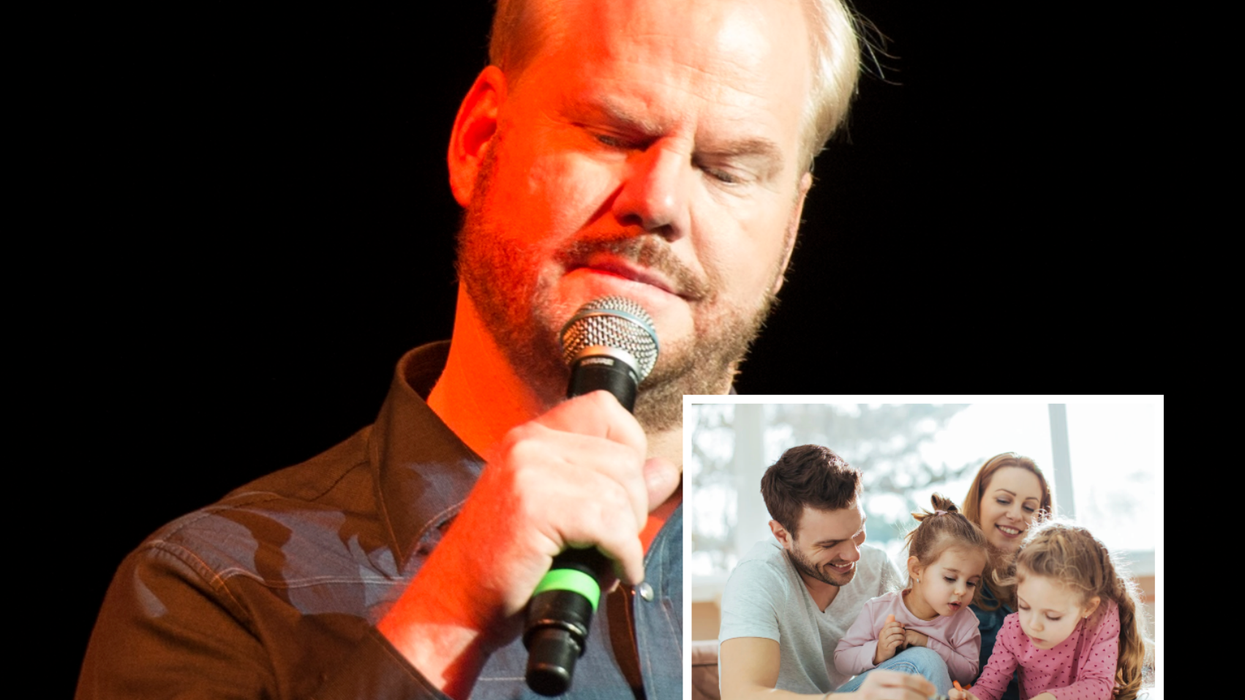


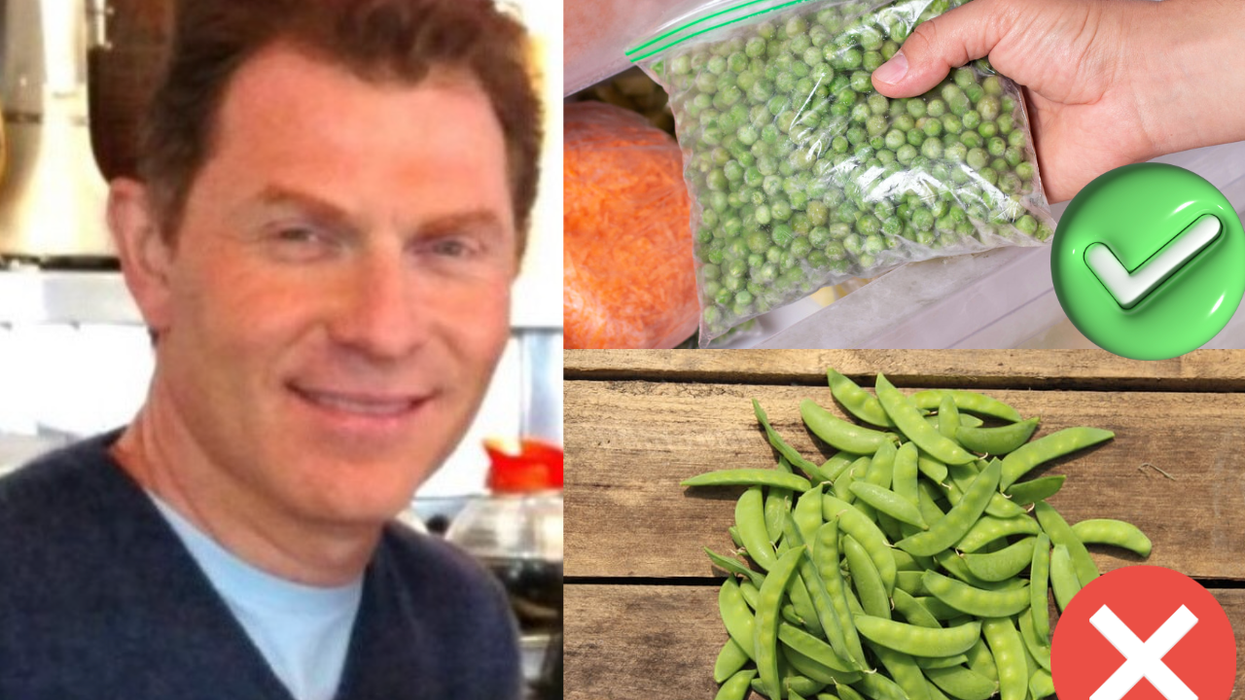
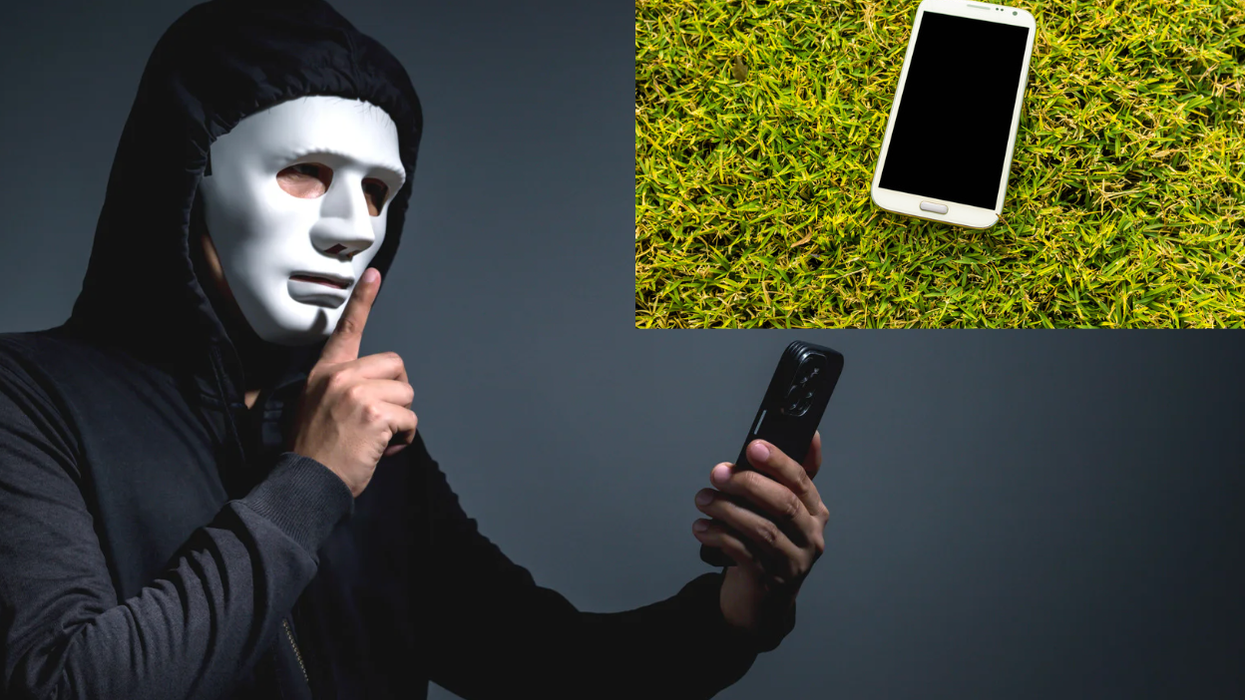

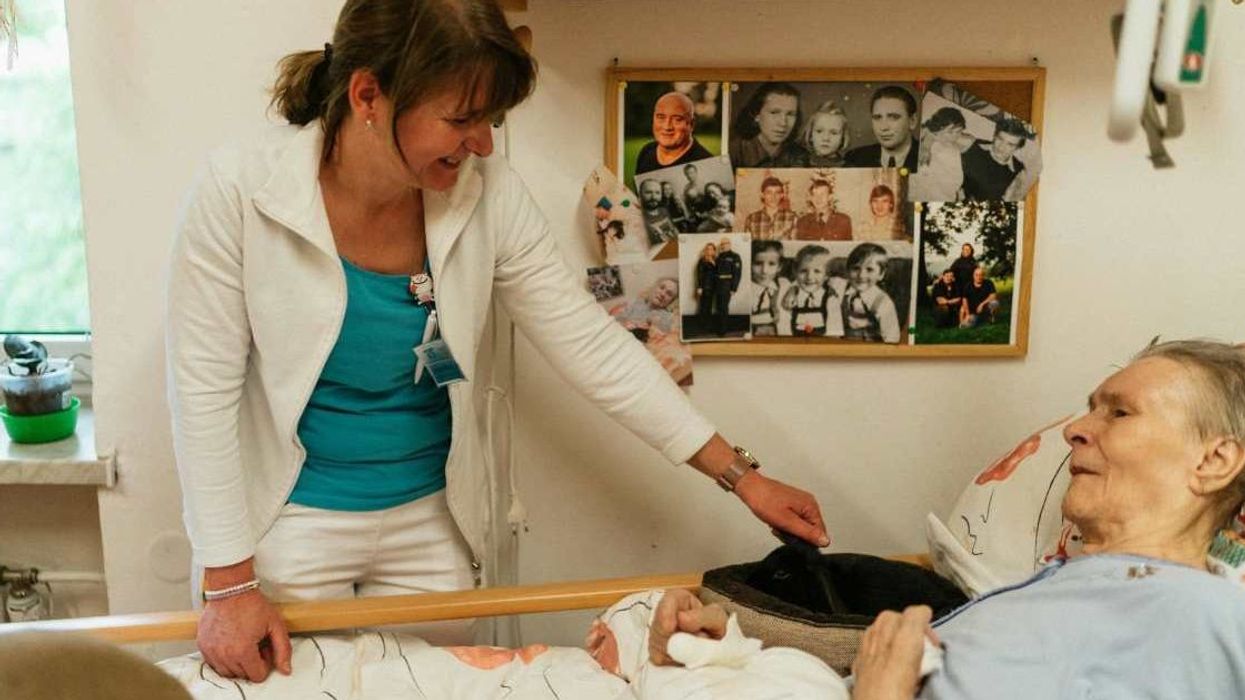

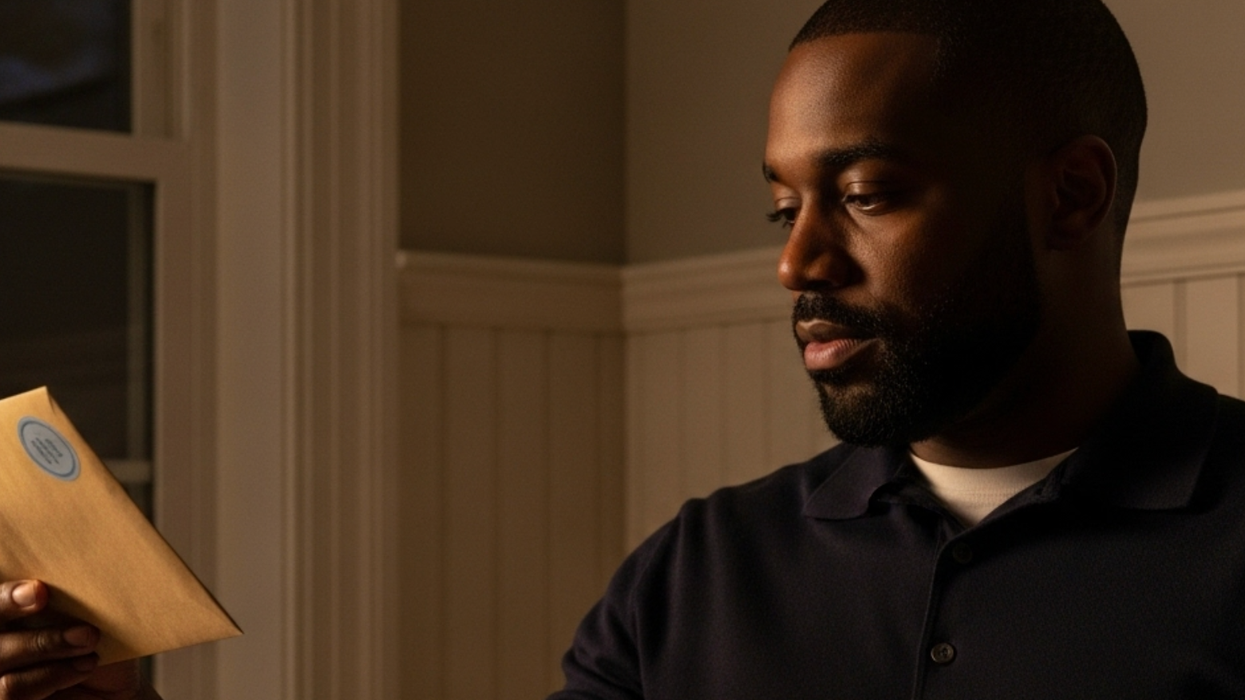
 Man looking worriedCanva
Man looking worriedCanva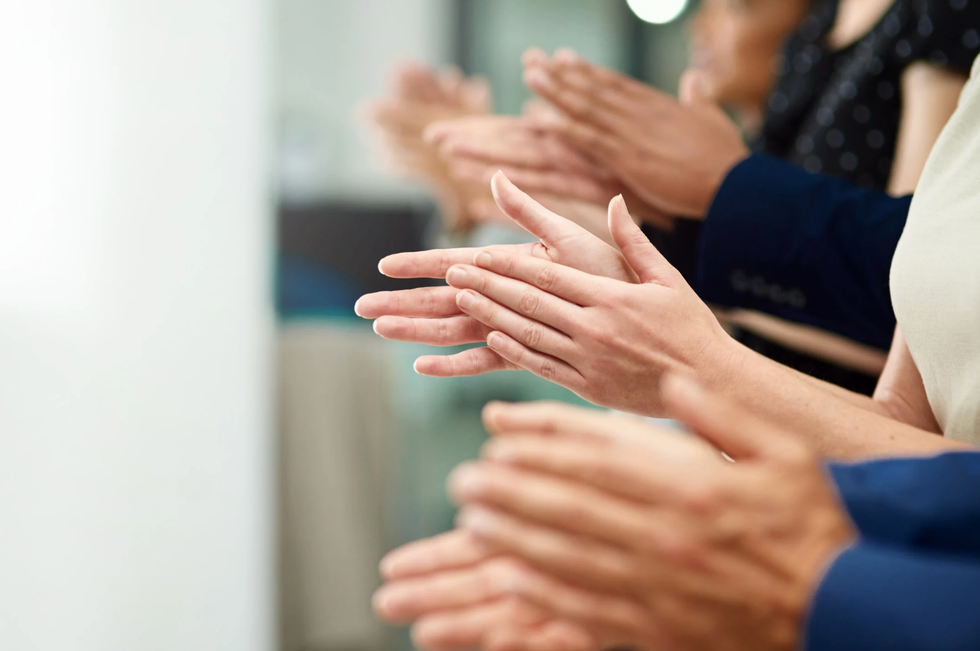 People applaudingCanva
People applaudingCanva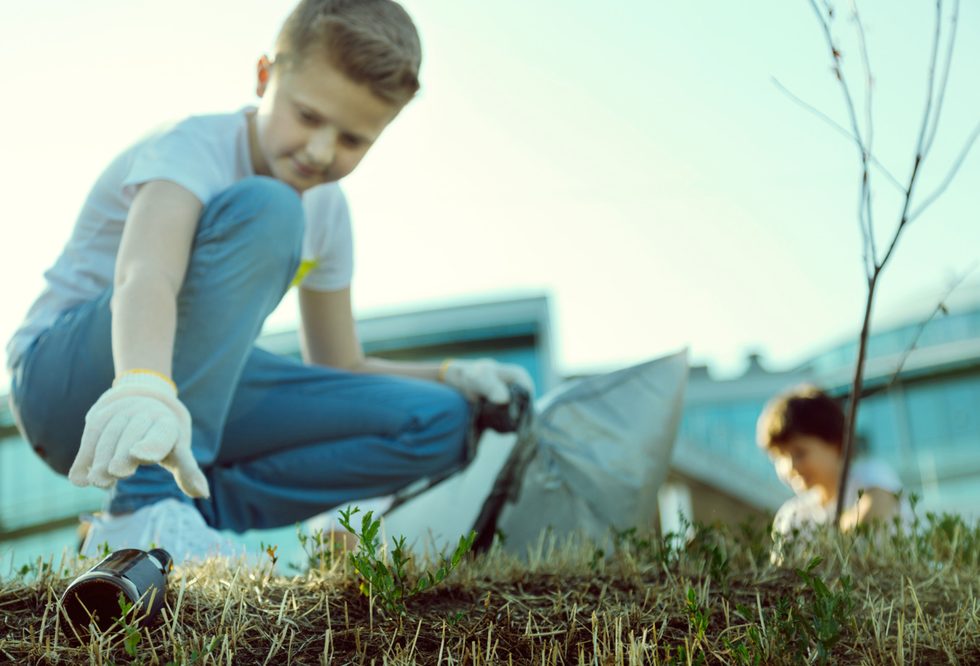 Children volunteeringCanva
Children volunteeringCanva
 Friends huggingCanva
Friends huggingCanva Woman enjoys beach sunsetCanva
Woman enjoys beach sunsetCanva Couple fightingCanva
Couple fightingCanva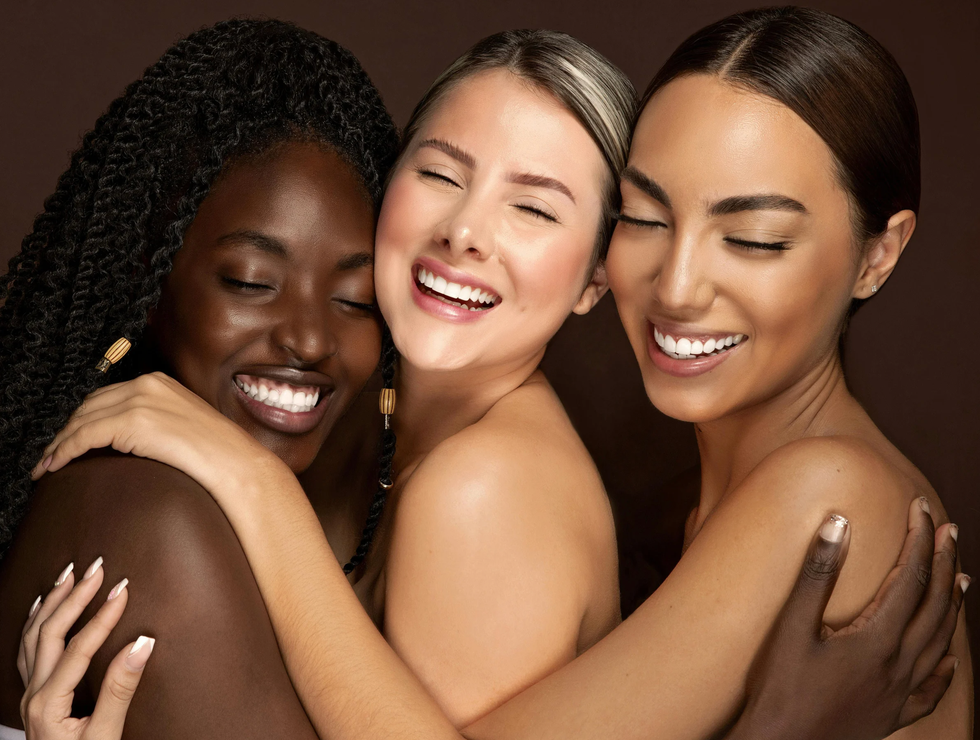 Three friends huggingCanva
Three friends huggingCanva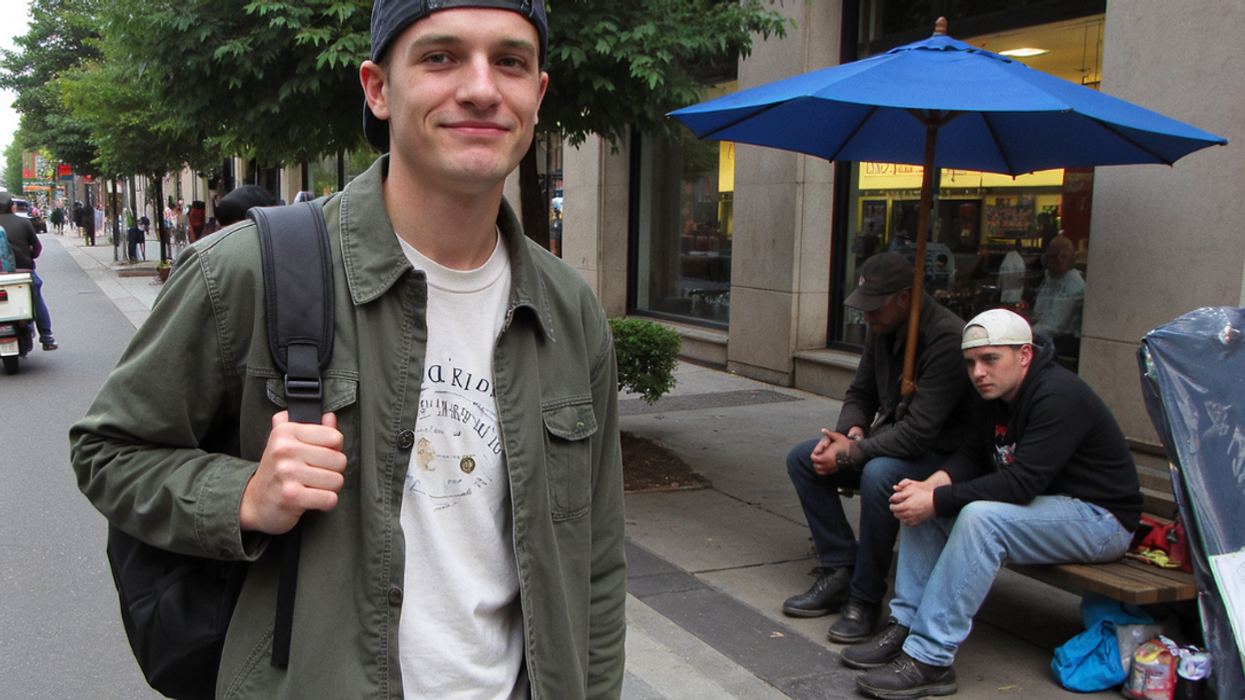
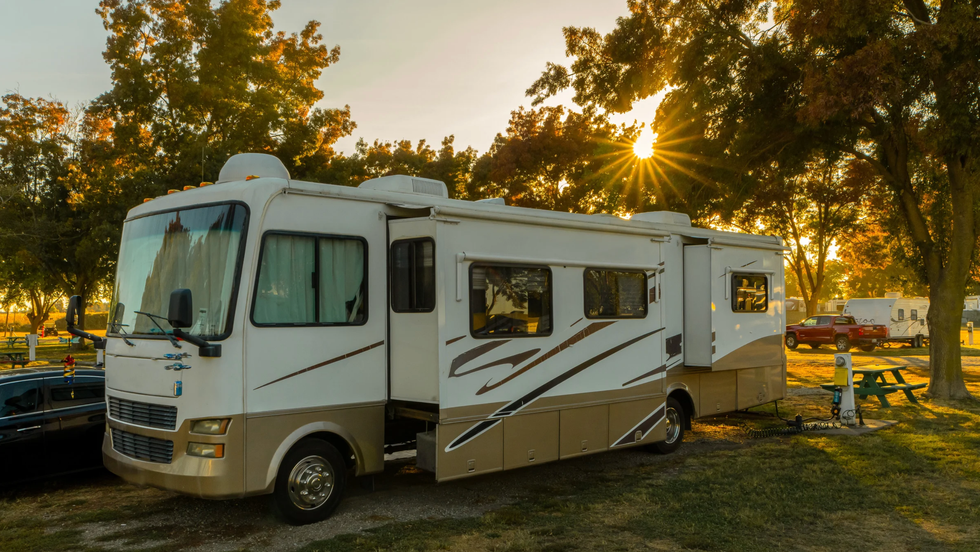 RV camperCanva
RV camperCanva
 This is an AI-generated image using the language "A beautiful woman with long eyelashes and red lips surrounded by swirls of colorful makeup." AI/Canva/Elyssa Goodman
This is an AI-generated image using the language "A beautiful woman with long eyelashes and red lips surrounded by swirls of colorful makeup." AI/Canva/Elyssa Goodman 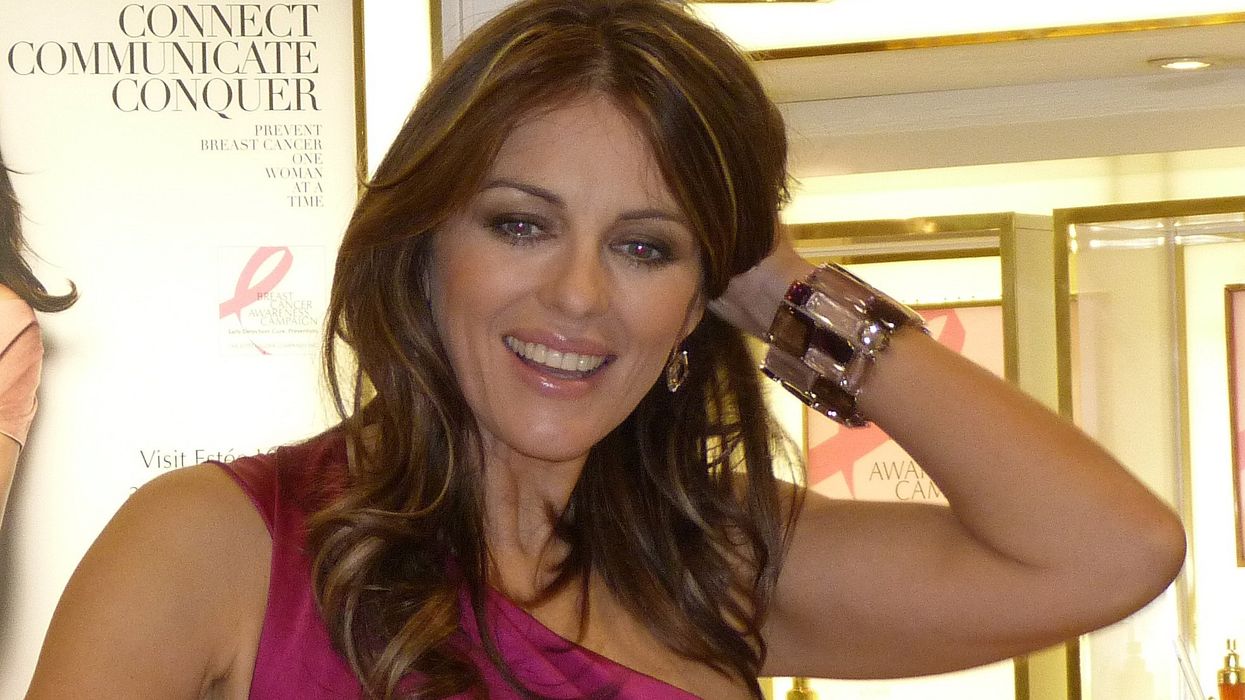


Grieving couple comforting each other
This response to someone grieving a friend might be the best internet comment ever
When someone is hit with the sudden loss of a friend or loved one, words rarely feel like enough. Yet, more than a decade ago, a wise Redditor named GSnow shared thoughts so profound they still bring comfort to grieving hearts today.
Originally posted around 2011, the now-famous reply was rediscovered when Upvoted, an official Reddit publication, featured it again to remind everyone of its enduring truth. It began as a simple plea for help: “My friend just died. I don't know what to do.”
What followed was a piece of writing that many consider one of the internet’s best comments of all time. It remains shared across social media, grief forums, and personal messages to this day because its honesty and metaphor speak to the raw reality of loss and the slow, irregular path toward healing.
Below is GSnow’s full reply, unchanged, in all its gentle, wave-crashing beauty:
Why this advice still matters
Mental health professionals and grief counselors often describe bereavement in stages or phases, but GSnow’s “wave theory” gives an image more relatable for many. Rather than a linear process, grief surges and retreats—sometimes triggered by a song, a place, or a simple morning cup of coffee.
In recent years, this metaphor has found renewed relevance. Communities on Reddit, TikTok, and grief support groups frequently reshare it to help explain the unpredictable nature of mourning.
Many readers say this analogy helps them feel less alone, giving them permission to ride each wave of grief rather than fight it.
Finding comfort in shared wisdom
Since this comment first surfaced, countless people have posted their own stories underneath it, thanking GSnow and passing the words to others facing fresh heartbreak. It’s proof that sometimes, the internet can feel like a global support group—strangers linked by shared loss and hope.
For those searching for more support today, organizations like The Dougy Center, GriefShare, and local bereavement groups offer compassionate resources. If you or someone you know is struggling with intense grief, please reach out to mental health professionals who can help navigate these deep waters.
When grief comes crashing like the ocean, remember these words—and hang on. There is life between the waves.
This article originally appeared four years ago.